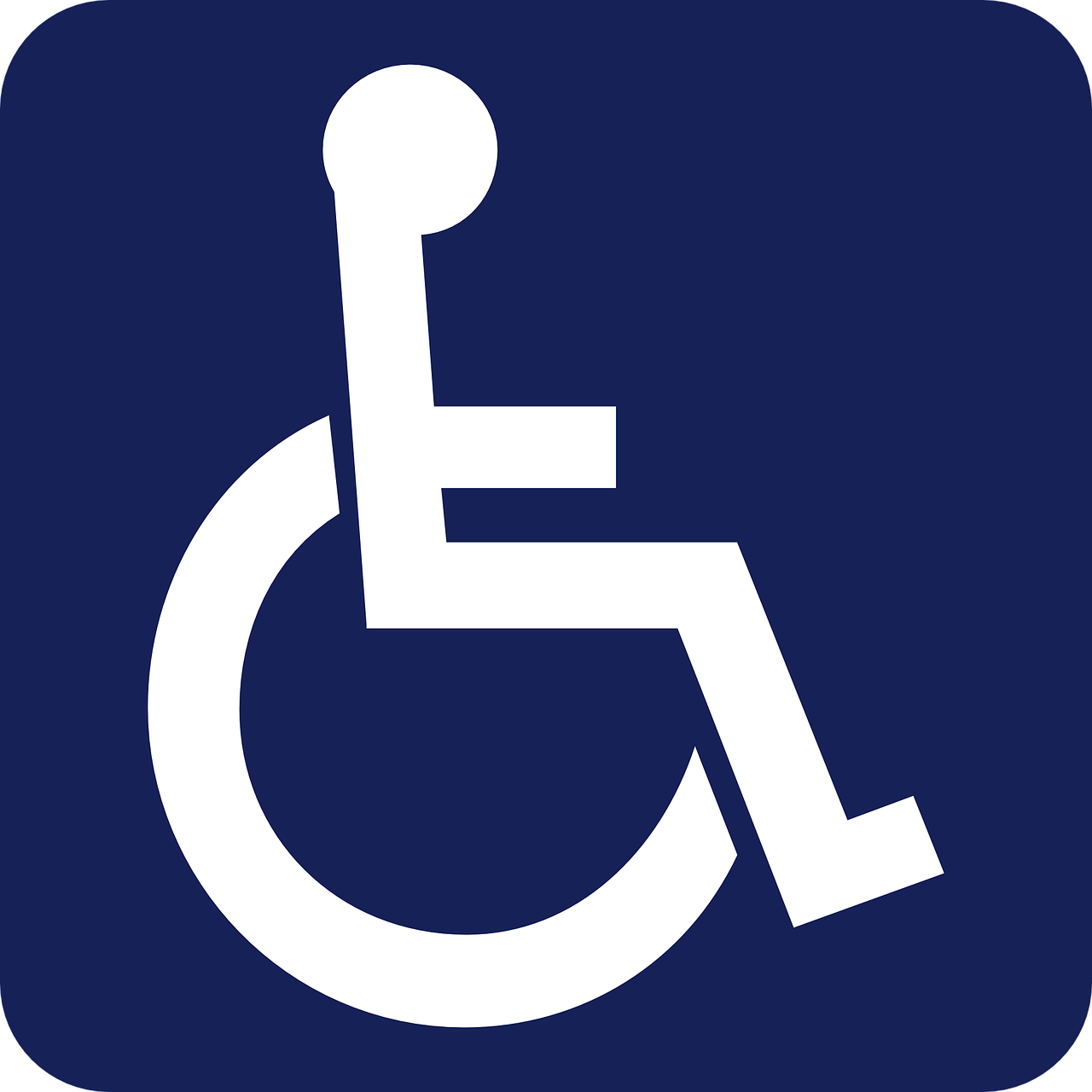Tips on starting a Business if you have a Disability
Becoming a successful entrepreneur is a road with plenty of obstacles for everyone, but for those with disabilities there are some unique challenges that this article will focus on. The positive news is that while self-employed entrepreneurs make up 18% of the UK’s disabled workforce, among non-disabled workers the figure is considerably less at 14%. One of the main reasons for this is that there are some excellent grant schemes available for disabled entrepreneurs, but also because the unique challenges disabled people face often necessitates brainstorming business ideas to find a career that suits.
Benefits of starting a business as a disabled person
Part of the appeal of starting a business may well be the desire to shed some of the factors that have been getting in the way of career progression. Having your own business will, to a degree allow you to allocate your time and presence to suit your needs. The key is striking the right balance, of course, as your clients or customers will need to have equal priority.
Support
Health problems that a disabled entrepreneur may have could restrict what they are able to do in a work situation. The Access to Work scheme is there to help. It can provide funding to pay for voice-recognition software for computers, for instance, as well as travel costs and the cost of a support worker. Disability Employment Advisors (DEAs) in Jobcentres are the point of contact for this scheme. There are also various other charitable trusts, often specifically focusing on distinct disabilities that are well worth contacting for any necessary support for starting a business.
John Hinds from My Mobility Guide says “although it isn’t perfect the Access to Work scheme is so important for disabled people looking to start their own business”.
The pitch
All pitches begin with an idea, as do all successful businesses. You will need to ensure that your business idea needs to have something unique about it. During a pitch to a bank, investors or any other institution your enthusiasm should come across, but you will also need to exemplify a point of difference between your idea and the competition. Maybe your unique perspective, as someone who has overcome particular challenges, may form part of this.
Consider catering to other people with disabilities
As someone who has possibly faced accessibility challenges it stands to reason that one of the areas that you are automatically an expert in is what it is like to have a disability. Whatever your business idea it may be advantageous to find a niche that caters to other disabled people. Of course, this is not a given, but it might help focus your demographic.
Home-based businesses can work well
One of the ways that you can reduce some of the obstacles to running a successful business as a person with a disability is to remove the transport costs and inconvenience. This can be done by ensuring your business can be run from home. There are many successful types of online businesses that can be run from the home and the likes of freelance writers, upcyclers, jewellery makers and designers of all kinds can work successfully from home.

